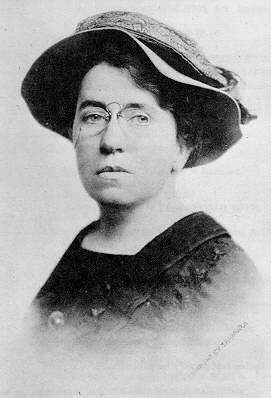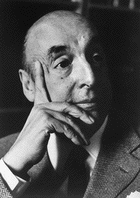The Better Rhetor |
|
|
In Search of the Good Person, Well Spoken
Take a stroll in The Forest of Rhetoric What is The Better Rhetor? Click Here Not Yet Down the Memory Hole: Recent Postings What You Need to Know From Spin to Strut Contours of Debate One War, Two Languages Bait & Switch: Rhetoric of Make Believe Prepping Us for War Shock & Awe/Build & Heal Shuttle Columbia Bomb Plagiarizers! The Rhetoric of Thomas Friedman Dump John Ashcroft! Are You Feeling Safer Yet? The MVW Awards:
Most Valuable Websites Excellent E-zines: Cursor Media Whores Online The Daily Howler Common Dreams Smirking Chimp Better and Best Blogs: A Fortiori Altercations Atrios Bartcop Bitter Shack of Resentment Coherence Theory of Truth Daily Kos Digby Electrolite The Hamster Hauser Report Ignatz Interesting Times Liberal Oasis Liquid List Mac Diva Nathan Newman Orcinus Peevish Politics, Law, Autism Planet Swank The Poor Man Reading & Writing Rhetorica Roger Ailes Sassafrass Log Scoobie Davis Shadow of the Hegemon The Sideshow Skimble Skippy the Bush Kangaroo Take Back the Media Talk Left Talking Points Memo This Modern World Uggabugga Veiled4Allah Wampum The Watch The Better Rhetor is maintained by John Duffy. Opinions expressed here are his own and in no way intended to reflect the views of his employer, his neighbors, or his elementary school teachers. Talk back to The Better Rhetor Archives |
Tuesday, May 06, 2003
Hail and Farewell! We at the Better Rhetor are embarking on a journey of sorts, which means we are suspending this page indefinitely. We regret this, as we believe that blogs are the future of democratic discourse in America and want to be part of it, and, besides, it’s fun. Still, there is no shortage of Better Blogs and no shortage of Better Rhetors, even in these parlous times. We would leave you with some of those Better Rhetors who have most helped us on our way. To understand LANGUAGE, we could do worse than to begin with him:  In our time, political speech and writing are largely the defense of the indefensible. Things like the continuance of British rule in India, the Russian purges and deportations, the dropping of the atom bombs on Japan, can indeed be defended, but only by arguments which are too brutal for most people to face, and which do not square with the professed aims of the political parties. Thus political language has to consist largely of euphemism., question-begging and sheer cloudy vagueness. Defenseless villages are bombarded from the air, the inhabitants driven out into the countryside, the cattle machine-gunned, the huts set on fire with incendiary bullets: this is called pacification. Millions of peasants are robbed of their farms and sent trudging along the roads with no more than they can carry: this is called transfer of population or rectification of frontiers. People are imprisoned for years without trial, or shot in the back of the neck or sent to die of scurvy in Arctic lumber camps: this is called elimination of unreliable elements. Such phraseology is needed if one wants to name things without calling up mental pictures of them. To understand PRINCIPLED DISSENT in contemporary America, we might study the writings of this man:  The democratic state uses force when persuasion does not work. It uses it against its own citizens when they cannot be persuaded to obey the laws. It uses it against other peoples in the act of war, not always in self-defense, but often when it cannot persuade other nations to do its bidding. And this man:  There are no magic answers, no miraculous methods to overcome the problems we face, just the familiar ones: honest search for understanding, education, organization, action that raises the cost of state violence for its perpetrators or that lays the basis for institutional change -- and the kind of commitment that will persist despite the temptations of disillusionment, despite many failures and only limited successes, inspired by the hope of a brighter future. To understand personal and political COURAGE, we could do far worse than to learn from this woman:  In the face of this approaching disaster, it behooves men and women not yet overcome by war madness to raise their voice of protest, to call the attention of the people to the crime and outrage which are about to be perpetrated on them. Finally, if we want to know more about BEING HUMAN, we might read, from time to time, the writings of this word-artisan:  And it was at that age...Poetry arrived Hard to follow lines like that, but I’ll suggest only that that there is poetry to be found in our time in the churches, gyms, street corners, and parks where people are gathering to protest, to dissent, to resist, to refuse absolutely the propaganda and war machines of the Right. Hope that I might meet you someday in one of those churches, gyms, or parks where people are gathering, organizing, and fighting for a better country. Thanks for reading. |